SUMMARY
This is AI generated summarization, which may have errors. For context, always refer to the full article.
![[OPINION] Brownout PTSD: The trauma of being Filipino](https://www.rappler.com/tachyon/2021/06/brownout-pts-1280.jpg)
The start of the rolling brownouts across Luzon dug up decades-old traumas I thought I’d tamped down deep.
That sudden death: the room collapsing into dark, the collective womp of appliances shutting off, the suffocating mix of silence and heat quickly filling the air. Then, seconds later, the anxiety of not knowing how long this misery would last.
I am very familiar with this death, being a kid during the long and frequent brownouts of the Cory/Ramos years in the ‘90s. I’d just started grade school then, so I assume – and I’m putting on my fake psychologist hat here – that this prolonged sense of disquiet and helplessness, which would make itself felt over and over, day after day, must have ingrained itself into my malleable young psyche.
So when the power went out in my area on an exceptionally warm, sticky afternoon in the middle of work, that same sense of disquiet and helplessness barreled through me, reminding me of my childhood ordeal.
And yes, it’s not like there haven’t been brownouts, including scheduled, rotating ones, between then and now. But I suppose this recent instance resonates with me so much given the current state our country is in.
I don’t need to list down the many, many, many reasons why the past five years have been horrific. We’ve read it all before, and continue to live it. What I’d like to do is point out how the sheer disgrace our country has fallen into feels a lot like we’ve regressed 30 years, like we’ve gone back in time and have undone (and, honestly, shat on) whatever bit of progress we’ve made for our rights as Filipinos, and as human beings.
The current brownouts signal a protracted government incompetence that you think we’d have learned from and grown out of by now, thanks to our previous kalbaryo in the ‘90s. Granted, the circumstances behind each period are different, and the present outages are expected to be dealt with far faster than before, but I just can’t shake the feeling that we shouldn’t be in these kinds of situations – these full-blown crises – anymore to begin with.
It’s a very uncomfortable feeling, too: a pain, an ache, a jolt of rage and disappointment. I’d even compare it to post-traumatic stress. To be Filipino right now is to walk into a minefield of psychological triggers. The rolling brownouts are just one of them, and are quite benign compared to others.
The extrajudicial killings of today harken back to the salvagings of Martial Law, but are now done in broad, glaring daylight. The red-taggings of today echo those of the past, but are now more cartoonish in scope. Today’s leaders, bare-faced in their corruption, are exaggerated funhouse mirror reflections of Macoy, and Jose Velarde, and Gloria Gloria Labandera. The poor are hungrier, more desperate; the rich are more brazen with their privilege.
And I suppose, much like war vets who end up troubled, broken, and a lot to handle due to PTSD, it’s not like we choose to remake and relive our traumas on purpose. We’ve been a mistreated people in a mishandled country for as long as we can remember; it’s not easy to get better after a long history of abuse.
But as the adage goes, the first step in recovery is admitting that we have a problem. When the power goes out, when the floodwaters rise, when the next billion is stolen, when the next person is killed, we need to see it for what it is – a maddening sign that our rights have been violated, that we continue to be abused – and not just wallow in how badly it makes us feel. It is only then that we can start acting on what ails us.
This is, of course, far easier said than done. You don’t see people with mental health issues just up and recovering because they choose to. Recovery takes a lot of time, a lot of support and cooperation, acknowledging a lot of harsh, painful truths about what we’ve been through and who we really are. There will be relapses; there will be doubt. We will be tempted to give up. Will we, as Filipinos, be able to recover despite all these? Do we truly have what it takes to work on ourselves and get better for good?
I can’t say. But we can’t keep sitting in this darkness forever. We can’t keep breathing in an air this stale. – Rappler.com
Add a comment
How does this make you feel?
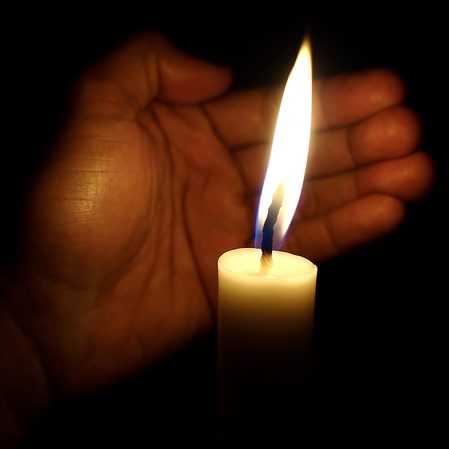
![[PODCAST] ‘Corruption crackdown’ by a master of spectacle](https://www.rappler.com/tachyon/2020/11/seat-of-power-podcast-artwork-final-2.jpg?fit=449%2C449)


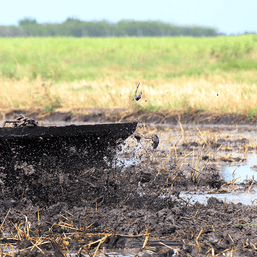

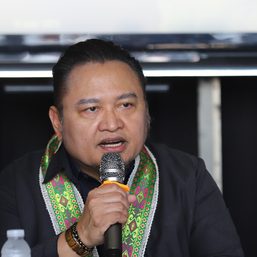


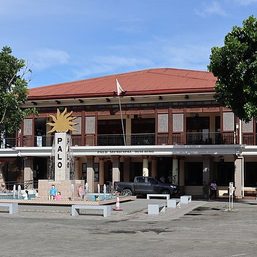

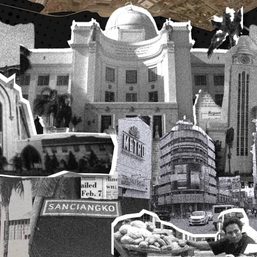

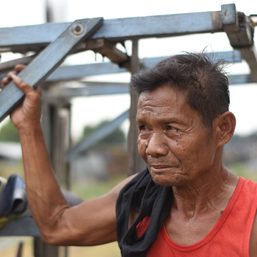
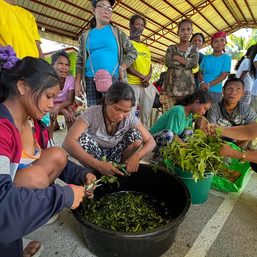
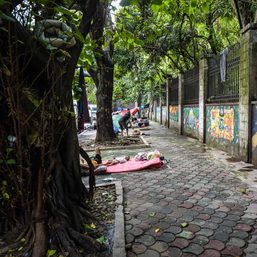
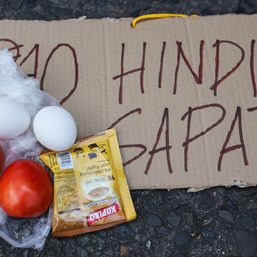
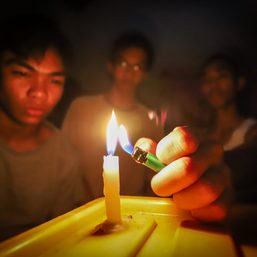

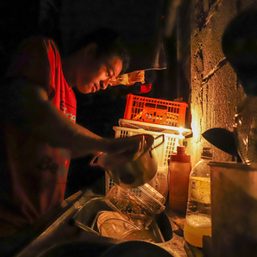
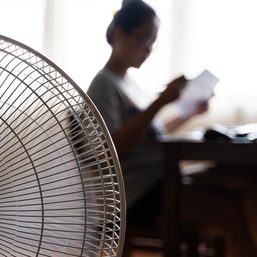

There are no comments yet. Add your comment to start the conversation.